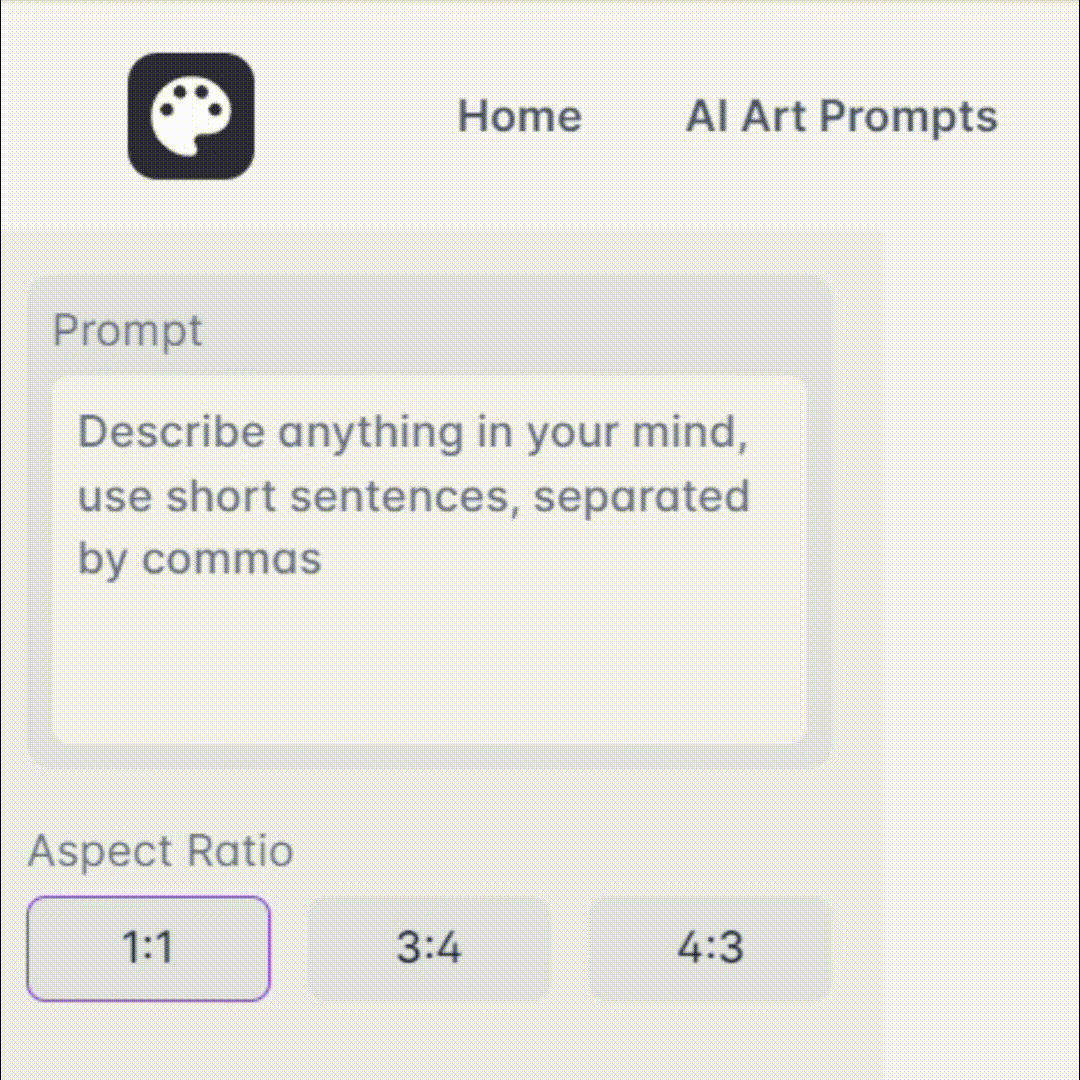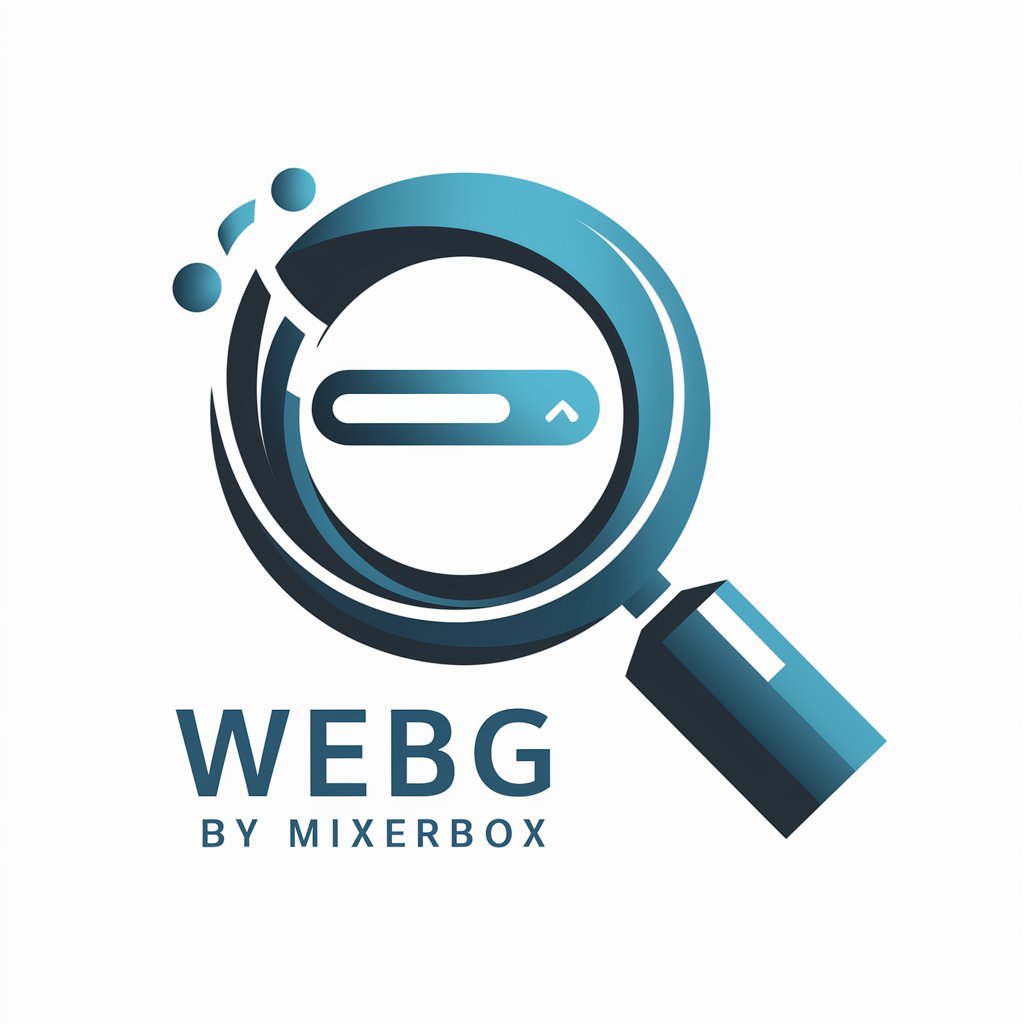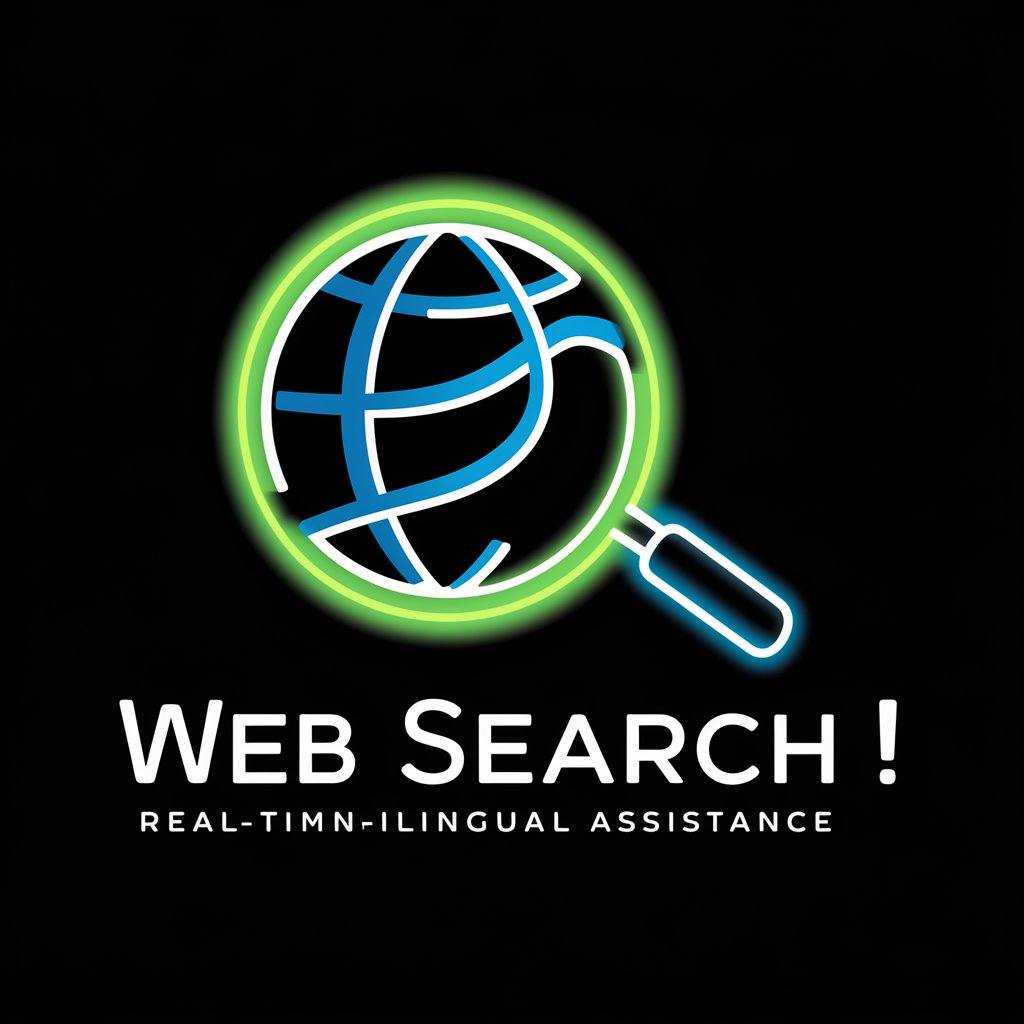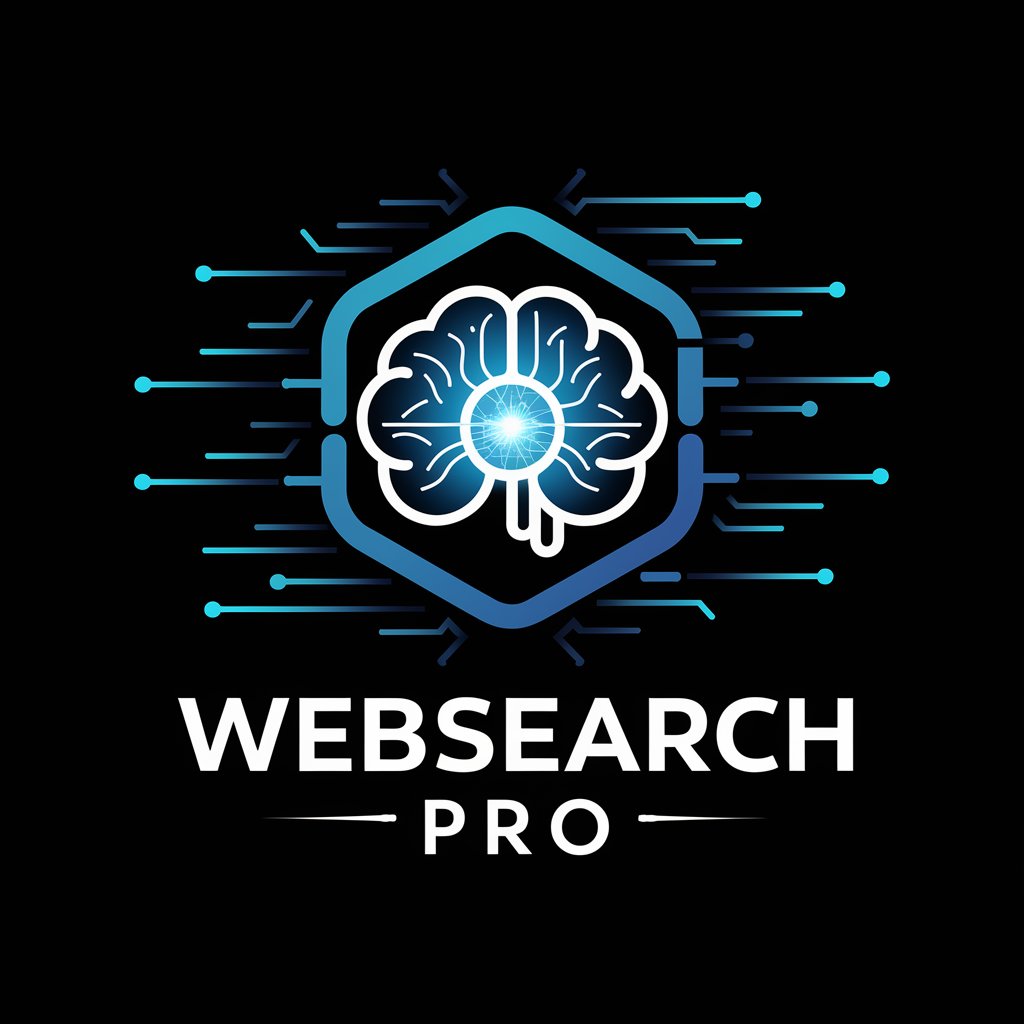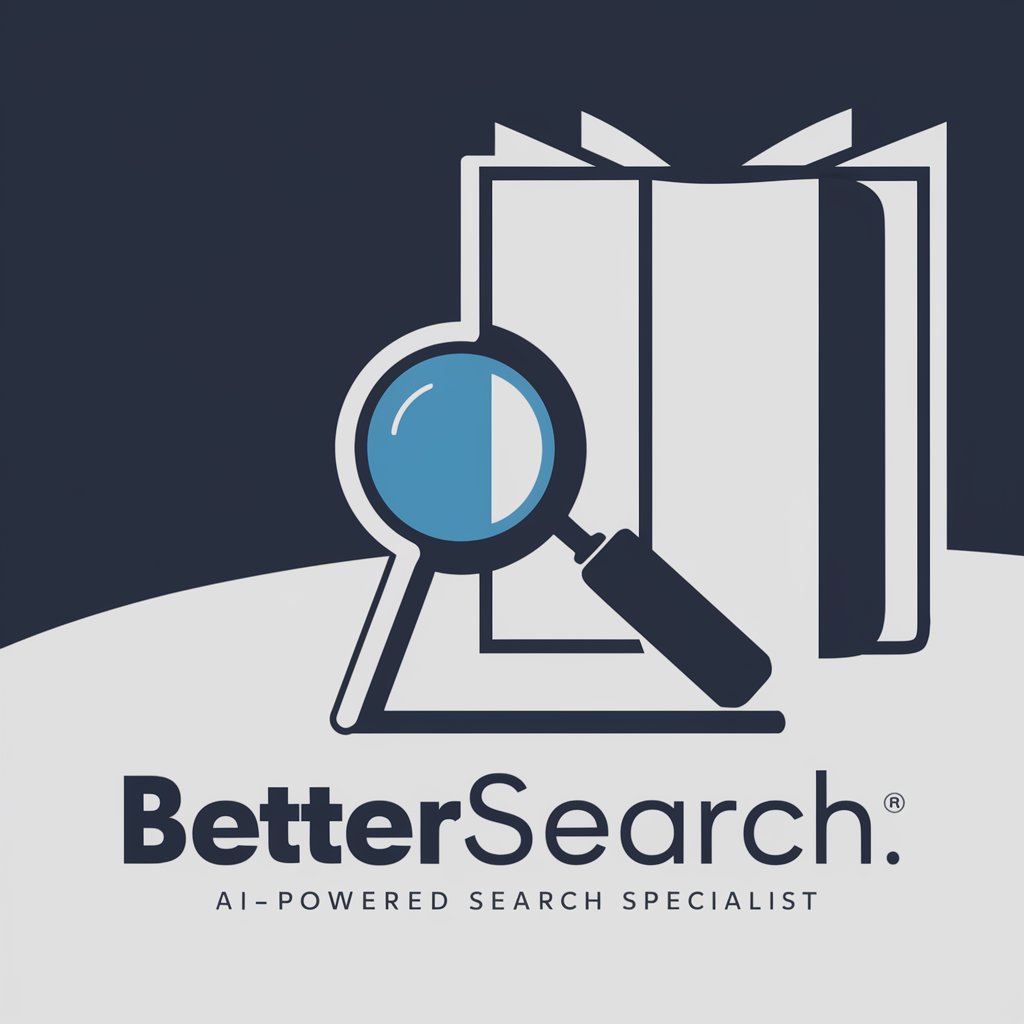
webSearch - AI-Powered Internet Search
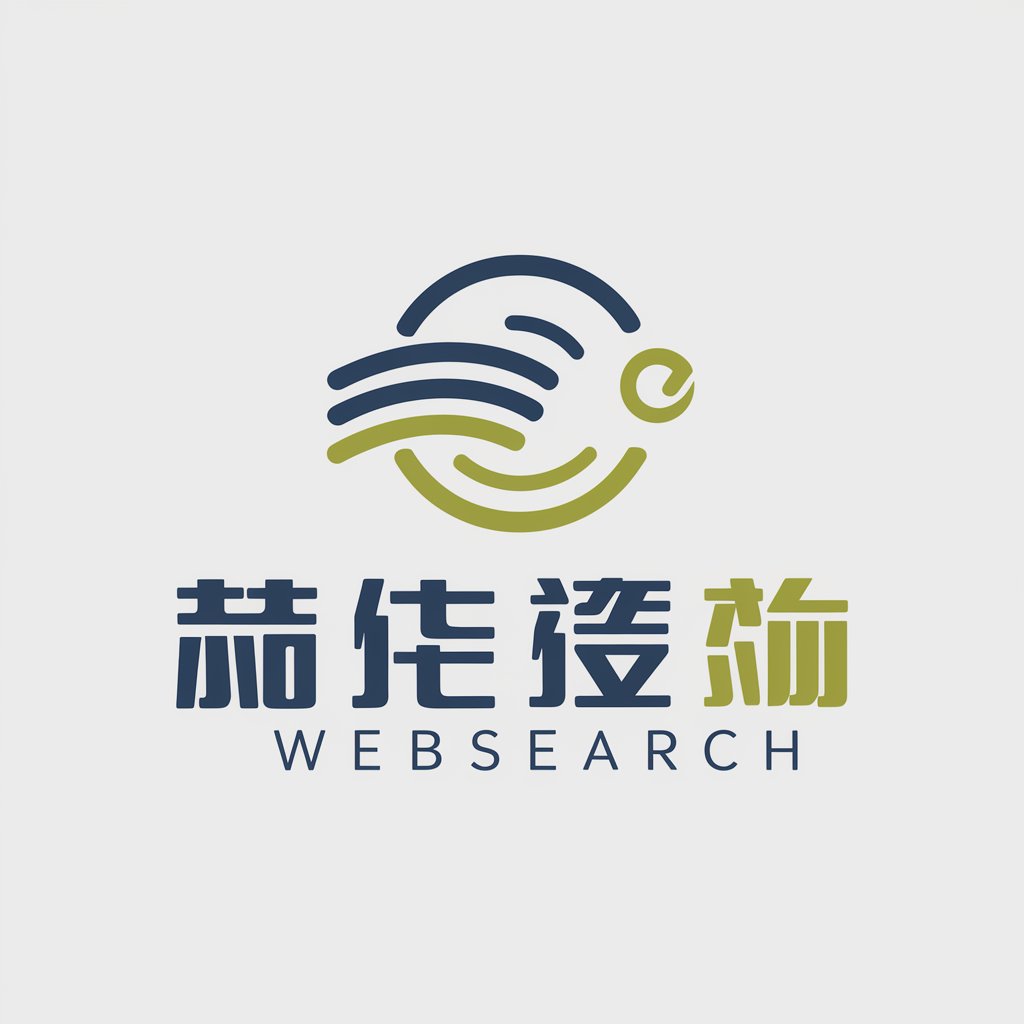
Hello! I'm here to help with your online searches.
Harness AI for smarter searches
Can you find information about...
Please search for the latest news on...
I need details on the following topic...
Could you help me look up...
Get Embed Code
Introduction to webSearch
webSearch is a custom version of GPT designed to assist users with precise and comprehensive information retrieval through online searches. Leveraging GPT-4's advanced natural language processing capabilities, it provides direct answers tailored to specific queries, incorporating up-to-date information from the web. Examples include providing curated information summaries for technical research, retrieving and summarizing government policies for compliance experts, or assisting educators with educational material tailored to current curricula. Powered by ChatGPT-4o。

Main Functions of webSearch
Real-Time Web Searching
Example
When a user wants to find recent scientific research on AI ethics, webSearch accesses current articles and papers, compiling a digestible summary for better understanding.
Scenario
Researchers or students working on projects requiring the most recent data would use this function to ensure their work remains relevant.
Document Retrieval and Summarization
Example
If a legal consultant needs to review the latest tax laws but lacks time to comb through entire documents, webSearch retrieves these documents and provides a concise summary of key changes.
Scenario
Legal professionals or financial experts use this feature for quick and efficient comprehension of new or complex regulations.
Cross-Referencing Information
Example
A marketing manager can ask webSearch to compare customer engagement statistics across different platforms, ensuring an optimized advertising strategy.
Scenario
Marketers and business strategists use this to identify trends and apply them to their strategic planning.
Resource Collection and Organization
Example
Educators seeking resources for history lessons can use webSearch to compile educational material, grouping them by historical era for easy use.
Scenario
Teachers or curriculum developers would rely on this to streamline lesson preparation and improve student engagement.
Ideal Users of webSearch Services
Researchers and Academics
Researchers and academics benefit from webSearch due to its ability to quickly and accurately aggregate relevant, current information for academic papers and projects.
Legal and Compliance Professionals
Legal consultants and compliance officers can use webSearch to stay updated on recent policies, ensuring that their guidance remains accurate and compliant with new regulations.
Marketing and Business Strategists
Marketing professionals and strategists leverage webSearch to identify trends and understand consumer behavior, facilitating data-driven decision-making in advertising campaigns.
Educators and Curriculum Developers
Teachers and curriculum developers benefit by sourcing educational resources, creating comprehensive and engaging teaching plans with the most recent information.

How to Use webSearch
Start without a login
Visit yeschat.ai to begin using webSearch without the need to create an account or subscribe to ChatGPT Plus.
Understand the interface
Familiarize yourself with the user interface to efficiently navigate through the features of webSearch.
Define your query
Clearly articulate your search query to optimize the relevance and accuracy of the search results provided by webSearch.
Utilize advanced features
Make use of filters and advanced search options to refine results and better meet your specific needs.
Explore use cases
Experiment with different scenarios like academic research or market analysis to understand the versatility of webSearch.
Try other advanced and practical GPTs
SE UML Expert with PlantUML
AI-powered UML Diagram Assistant.

카카오톡봇 소스 제작기
Automate and personalize your KakaoTalk interactions
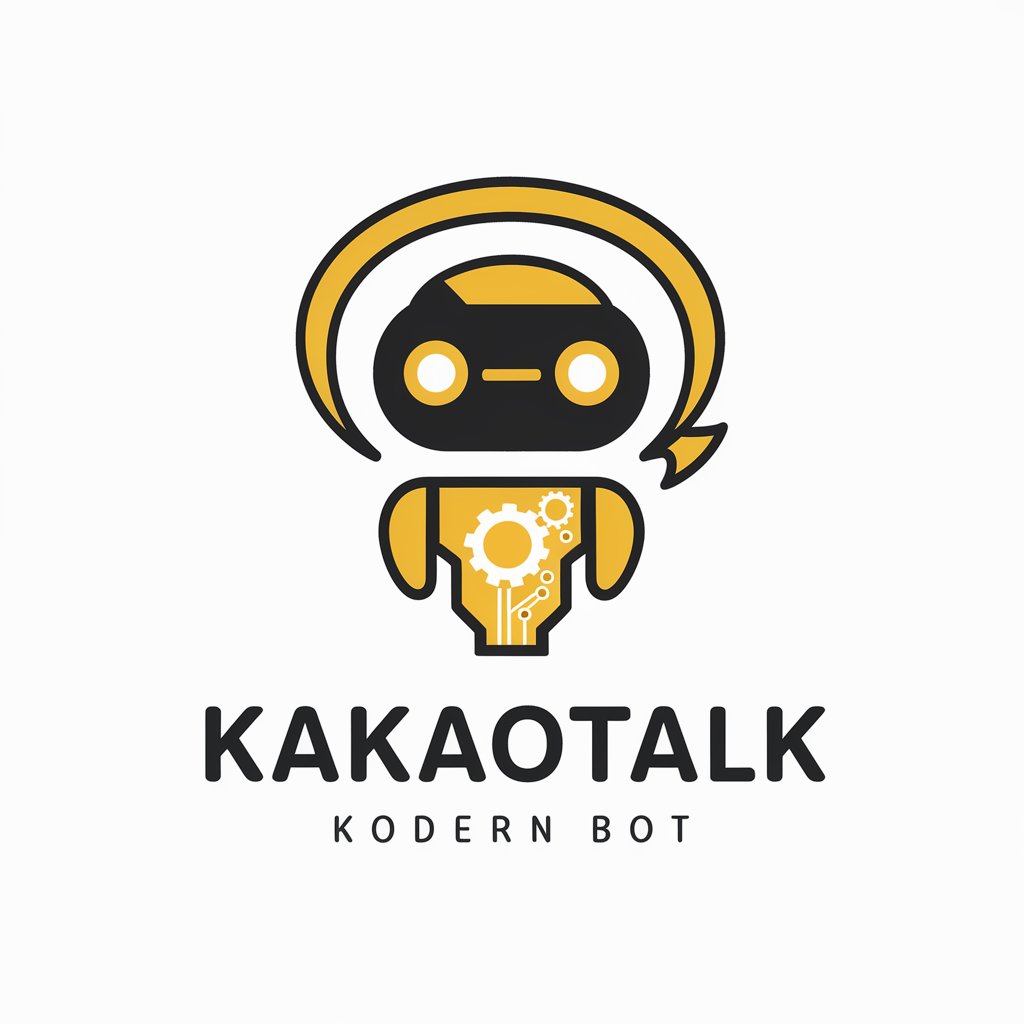
FODMAP Helper
Navigate Your Diet with AI

HackerRank
Enhance Coding Skills with AI Guidance
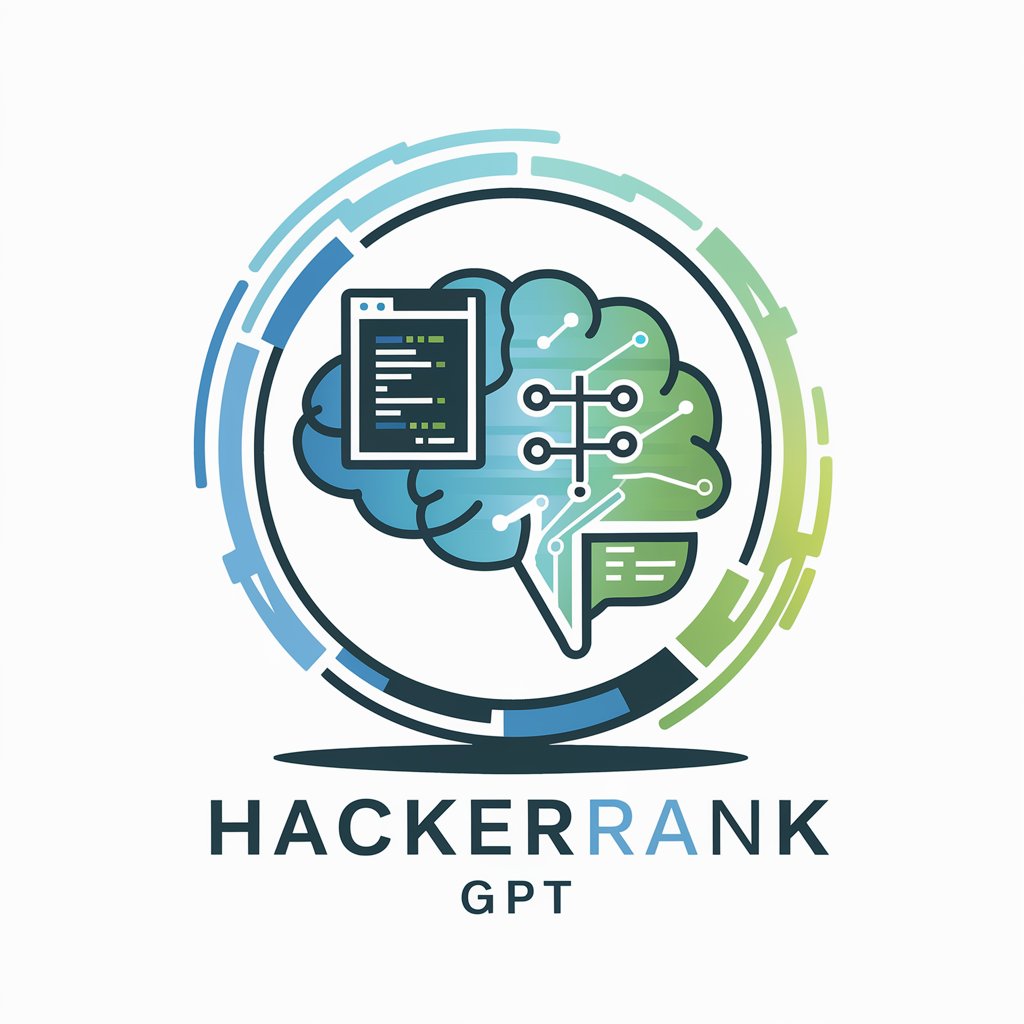
Resume Wizard
Craft Your Career with AI

News Summarizer Pro
AI-Powered Executive News Summaries

Claude 3 Opus
Your AI-powered efficiency partner

IEP Assistant
Empowering Educators with AI-Driven IEP Support
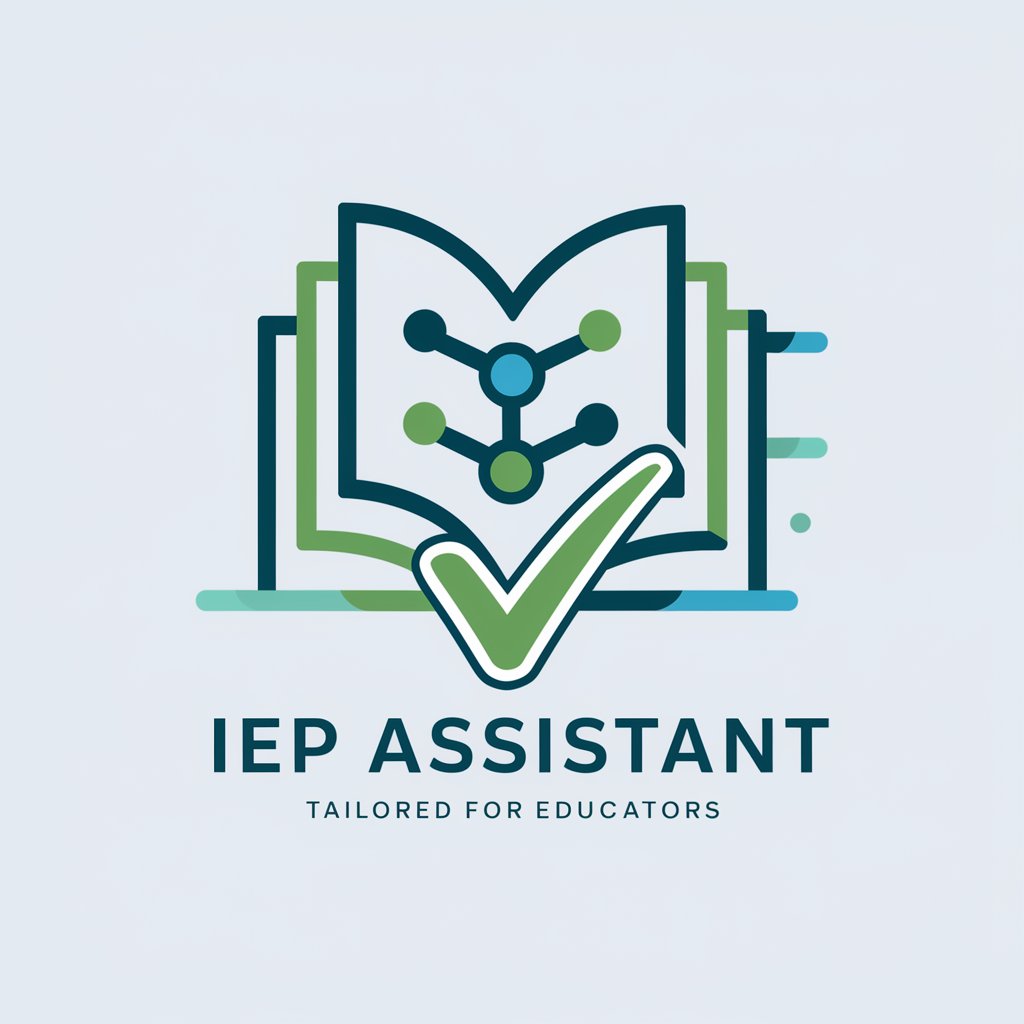
制图师
AI-powered insights and analysis for all

Sales Script Writer
AI-Powered Sales Script Creation

Plot Thirst (plotthirst)
AI-powered storytelling for vivid narratives

王冰焱的文案创作助手
Empowering Your Creativity with AI

Detailed Q&A about webSearch
What is webSearch?
webSearch is a connected AI that can perform online searches, providing detailed summaries and formatting information in a structured way to aid comprehension and analysis.
How can webSearch enhance academic research?
webSearch can streamline the process of gathering and synthesizing information from various online sources, making it easier to compile comprehensive literature reviews or find relevant data for academic papers.
Is webSearch suitable for market analysis?
Yes, webSearch is equipped to aggregate and analyze data from multiple sources, which can be particularly useful for conducting market trends analysis and competitive research.
Can webSearch assist in daily tasks?
Absolutely, webSearch can help with daily tasks by finding quick information, such as news updates, weather forecasts, or even shopping deals.
What sets webSearch apart from traditional search engines?
webSearch is tailored to generate structured responses, making it ideal for users needing organized data presentation and those who require deeper, context-aware insights rather than mere search listings.
